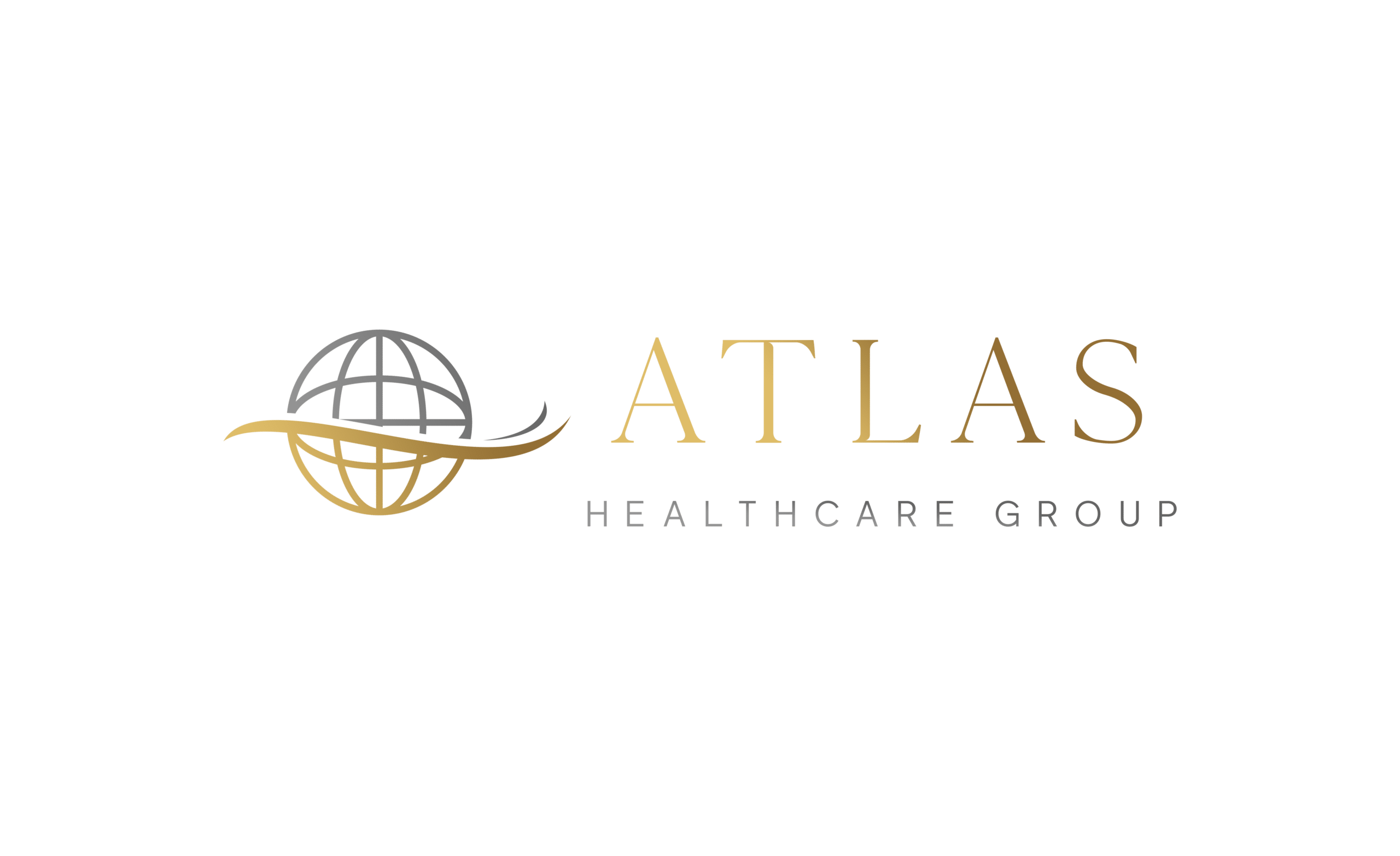Evaluating Treatment Programs: Criteria for Addiction Professionals to Consider
The field of addiction treatment is a complex and dynamic one, with numerous treatment programs and approaches available to individuals seeking help for substance use disorders. Addiction professionals play a pivotal role in helping clients select the most appropriate treatment program, as their guidance can significantly impact a person’s recovery journey. In this blog, we will explore the criteria that addiction professionals should consider when evaluating treatment programs to ensure that their clients receive the best possible care and support.
Top Criteria for Addiction Professionals to Consider
One of the first criteria addiction professionals should consider is whether a treatment program employs evidence-based practices. Evidence-based treatment approaches are grounded in scientific research and have demonstrated effectiveness in addressing substance use disorders. Addiction professionals should prioritize programs that utilize therapies and interventions backed by empirical evidence, such as cognitive-behavioral therapy, contingency management, and motivational enhancement therapy. By choosing evidence-based practices, clients are more likely to receive treatments that have a proven track record of success.
- Licensure and Accreditation
It is crucial for addiction professionals to ensure that treatment programs are licensed and accredited by relevant authorities. Licensure and accreditation signify that a program meets specific quality and safety standards, adheres to ethical practices, and employs qualified staff. This ensures that clients are in a safe and regulated environment, receiving treatment from professionals with the necessary credentials and experience.
- Tailored Treatment Plans
Addiction is a highly individualized condition, and what works for one person may not work for another. Treatment programs should offer tailored treatment plans that consider each client’s unique needs, circumstances, and preferences. Addiction professionals should assess whether a program conducts thorough assessments and develops personalized treatment plans that can adapt as a client’s needs change throughout their recovery journey.
- Comprehensive Assessment and Evaluation
Effective treatment begins with a comprehensive assessment of a client’s physical, psychological, and social needs. Addiction professionals should evaluate whether a treatment program conducts thorough assessments to identify co-occurring disorders, trauma history, and other factors that may impact a person’s recovery. A comprehensive assessment ensures that clients receive holistic care addressing all their needs.
- Continuum of Care
Addiction is a chronic condition, and treatment should not be limited to a single episode. Addiction professionals should evaluate whether treatment programs offer a continuum of care that supports clients through all stages of recovery. This might include detoxification, inpatient or outpatient treatment, aftercare, and ongoing support groups. A robust continuum of care increases the likelihood of sustained recovery.
- Dual Diagnosis Capabilities
Many individuals with substance use disorders also struggle with co-occurring mental health issues. Addiction professionals should inquire whether a treatment program has the capacity to address dual-diagnosis cases effectively. Integrated treatment for both substance use and mental health conditions is critical for a client’s success.
- Quality of Staff
The qualifications, experience, and training of a treatment program’s staff are of utmost importance. Addiction professionals should assess the credentials and expertise of the clinical team, including therapists, counselors, and medical professionals. High-quality staff contributes significantly to the success of a treatment program.
- Cultural Competence
Clients come from diverse backgrounds, and cultural competence is essential for effective treatment. Addiction professionals should consider whether a treatment program is culturally sensitive and can adapt its approach to meet the unique needs of clients from different cultural backgrounds. Cultural competence fosters trust and engagement in the treatment process.
- Family Involvement
Addiction often impacts not only the individual but also their family and support system. Effective treatment programs should involve the client’s family in the recovery process whenever possible. Addiction professionals should evaluate whether a program offers family therapy, education, and support, recognizing the importance of a strong support network.
- Relapse Prevention Strategies
Relapse is a common challenge in addiction recovery. Addiction professionals should assess whether a treatment program provides clients with effective relapse prevention strategies, tools, and skills. These are vital for clients to navigate triggers and high-risk situations, helping them maintain their sobriety over the long term.
- Outcome Measurement and Monitoring
An essential aspect of evaluating the effectiveness of a treatment program is tracking and measuring outcomes. Addiction professionals should determine whether the program has a system in place for assessing and monitoring client progress and adjusting treatment plans accordingly.
Conclusion
Evaluating treatment programs is a crucial responsibility for addiction professionals, as the quality and appropriateness of the chosen program can significantly impact a client’s chances of recovery. By considering the criteria outlined in this blog, addiction professionals can help their clients make informed decisions about their treatment options, ultimately leading to more successful and sustainable recovery journeys. It is essential to prioritize evidence-based practices, licensure and accreditation, personalized treatment plans, comprehensive assessments, and other important factors that contribute to a well-rounded and effective addiction treatment program. For more information regarding local treatment options, contact a provider today!










